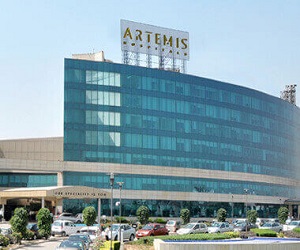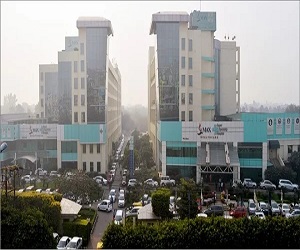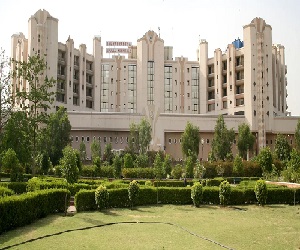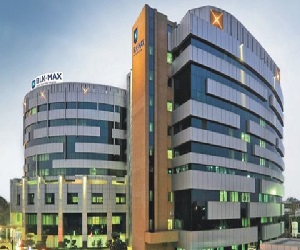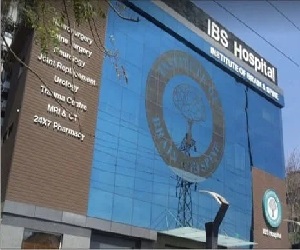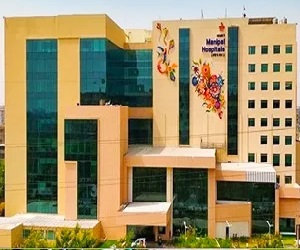Multiple sclerosis is an autoimmune disorder primarily affecting the brain, spinal cord, and optic nerves.
Types of Sclerosis
Clinically Isolated Syndrome (CIS): This initial stage of multiple sclerosis occurs due to defects and demyelination of neural fibers, leading to inflammation that manifests as typical neurological symptoms. While these symptoms may persist for a day, they do not meet the criteria for a diagnosis of multiple sclerosis.
Relapsing-remitting Multiple Sclerosis (RRMS): RRMS is characterized by distinct neurological symptoms that flare up, termed exacerbations or relapses. These episodes are followed by periods of remission, lasting days, months, or even years, during which no new signs or attacks occur.
The majority of these diseases are typically diagnosed in this period.
Secondary Progressive Multiple Sclerosis (SPMS): Most people with Relapsing-remitting Multiple Sclerosis eventually progress to a stage where their neurological symptoms worsen.
Primary Progressive Multiple Sclerosis (PPMS): Approximately 10-20% of cases of multiple sclerosis progress to this stage, characterized by a steady deterioration in the neurological system, with or without periods of remission.
Investigations Required For Multiple Sclerosis Treatment
Multiple Sclerosis can develop in people of any age group, and there is no definitive test to diagnose it. However, two common tests used to evaluate the presence of multiple sclerosis in a person are
Cerebrospinal Fluid Evaluation
Cerebrospinal fluid evaluation is conducted to examine oligoclonal bands and other specific elements. These markers can indicate chronic inflammation in the individual’s nervous system.
Blood evaluation
Although blood tests cannot definitively diagnose multiple sclerosis, they play a crucial role in ruling out other potential conditions. Therefore, blood tests are primarily conducted to assess whether symptoms align with the criteria for diagnosing multiple sclerosis.
Line of Treatment
While there is no definitive cure for multiple sclerosis, specific treatments can help reduce the risk of relapses and manage symptoms for patients dealing with the disease.
Disease-modifying Medications: Doctors frequently prescribe certain medications for the treatment of multiple sclerosis. These prescribed drugs help reduce the severity of symptoms and can delay the progression of the disease.
Corticosteroids: Corticosteroids are commonly used to reduce nerve inflammation and alleviate symptoms that flare up in multiple sclerosis. These steroids can be administered orally or intravenously.
Plasmapheresis: Plasmapheresis is a procedure that involves exchanging plasma. It is used when steroids are ineffective. During plasmapheresis, the liquid part of the blood containing plasma is separated from the red blood cells. The plasma is then mixed with albumin, a specific type of protein that is particularly effective for managing acute and recent symptoms. After mixing, the plasma is reintroduced into the body along with the red blood cells.
Post-Discharge Procedure, Care and Compassion
Post-discharge from the hospital, there are certain things that the patient must follow to avoid further post-surgical health complications.
- Take enough rest and get good sleep
- Include exercise in your daily routine as it helps to enhance balance and coordination, increase muscular strength and keep you fit.
- Avoiding warmth is important as increased body temperature can worsen symptoms of multiple sclerosis.
- Use a cool apparatus
- Eat a healthy and balanced diet that is full of nutrients.
- Consume vitamin D as it may prove to be advantageous for people dealing with this disorder.
- Avoid stress and anxiety as they can worsen the symptoms. It is ideal to dedicate time for deep breathing, meditation, etc.
Multiple Sclerosis Treatment cost in India are as follow
| Treatment | Cost in USD | Stay in Hospital |
| Multiple Scoliosis Surgery | 7500-9500 | 5-7 Days |
| Facet Joint Spine Surgery | 3000-3500 | 2-4 Days |
| Spine Surgery | 3500-4500 | 2-3 Days |
| Spinal Fusion Surgery | 11500-13500 | 2-4 Days |
| Spinal Decompression Surgery | 11500-13500 | 4-5 Days |

